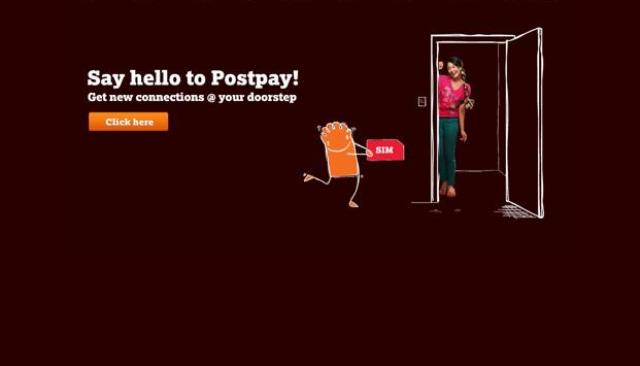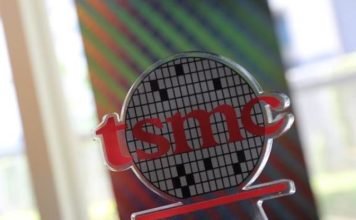 The $100 billion Tata Group has bid goodbye to telecom business after facing a number of hurdles on its growth path.
The $100 billion Tata Group has bid goodbye to telecom business after facing a number of hurdles on its growth path.
The decision to exit from the challenging telecom business was not easy for N Chandrasekaran, the newly appointed chairman of Tata Sons. N Chandrasekaran, who built the $17.5 billion Tata Consultancy Services (TCS), knows what TTSL can be in the next 10 years under the fold of Tata Sons without additional investment programs.
Tata Group, which is known for doing business transparently, could not manage telecom regulatory policies of several decision makers in the recent governments. Buying spectrum, keeping spectrum, getting the right partner, frequent changes in policies, several courter orders, etc. have impacted the telecom business of Tata Group.
NTT Docomo would not have exited from India if Tata Teleservices was a profit making business and did not put pressure on its financials in Japan. NTT Docomo had 24 percent stake in Tata Teleservices before making its decision to exit three years ago.
Lack of funds to buy costly 3G and 4G spectrum and the lack of knowledge to buy BWA (broadband wireless access) spectrum and covert for 4G instead Wi-Max, lack of ability to spend billions and hold costly spectrum till the maturity of the latest technologies were not focus areas for Tata Teleservices and its earlier CEOs. (Intel used to promoted Wi-Max)
The fact that Tata Teleservices CEO N Srinath and his management team could not grab subscribers despite being a part of the Tata Group will be part of some case study of top management schools. Tata Teleservices could not focus on customer acquisition because it was fighting for survival during some years due to regulatory advantage to some competitors.
Buying Tata Teleservices in a cash-less deal indicates the ability of Sunil Mittal and his team at Bharti Airtel. Airtel did this earlier when it acquired Telenor and its 40 million mobile phone customers in select circles along with valuable spectrum.
Tata Teleservices was one of the select telecom operators in the world to go for CDMA and rely on rarely available CDMA phones for its success. Airtel, Idea Cellular and Vodafone did not go for CDMA investment and they reaped the benefits. Reliance Communications made investment in CDMA and is facing the pressure now. (Qualcomm used to promote CDMA)
The gap in the strategy of Ratan Tata and Mukesh Ambani is visible from the difference in telecom related investment by TTSL and Reliance Jio. TTSL has a fixed line business. Reliance Jio does not have fixed line telephony and Mukesh Ambani believes in all-IP. TTSL could not even get a buyer for its fixed phone business.
The telecom industry believes that Tata Group will shed some employees during the transition of business.
N Chandrasekaran, chairman, Tata Sons, said, “We believe today’s agreement is the best and most optimal solution for the Tata Group and its stakeholders. Finding the right home for our longstanding customers and our employees has been the priority for us. We have evaluated multiple options and are pleased to have this agreement with Bharti.”
Tata could not compete with established players – Airtel, Idea Cellular and Vodafone and Reliance Jio – in the highly competitive telecom market. TTSL had its own bundled offers or urban and rural customers. TTSL was cost effective. But quality and coverage were not in line with some of the rivals in the last 3-4 years.
The Indian telecom operator market is inching towards a 4-operator market: Airtel, Reliance Jio, Idea-Vodafone and BSNL. The decision makers of the new market will be determined by the ability to spend on 5G spectrum in coming year/s.
If the government is going to sell 5G spectrum early next year, it will further impact the already deteriorating viability of telecom business in India.
Baburajan K





